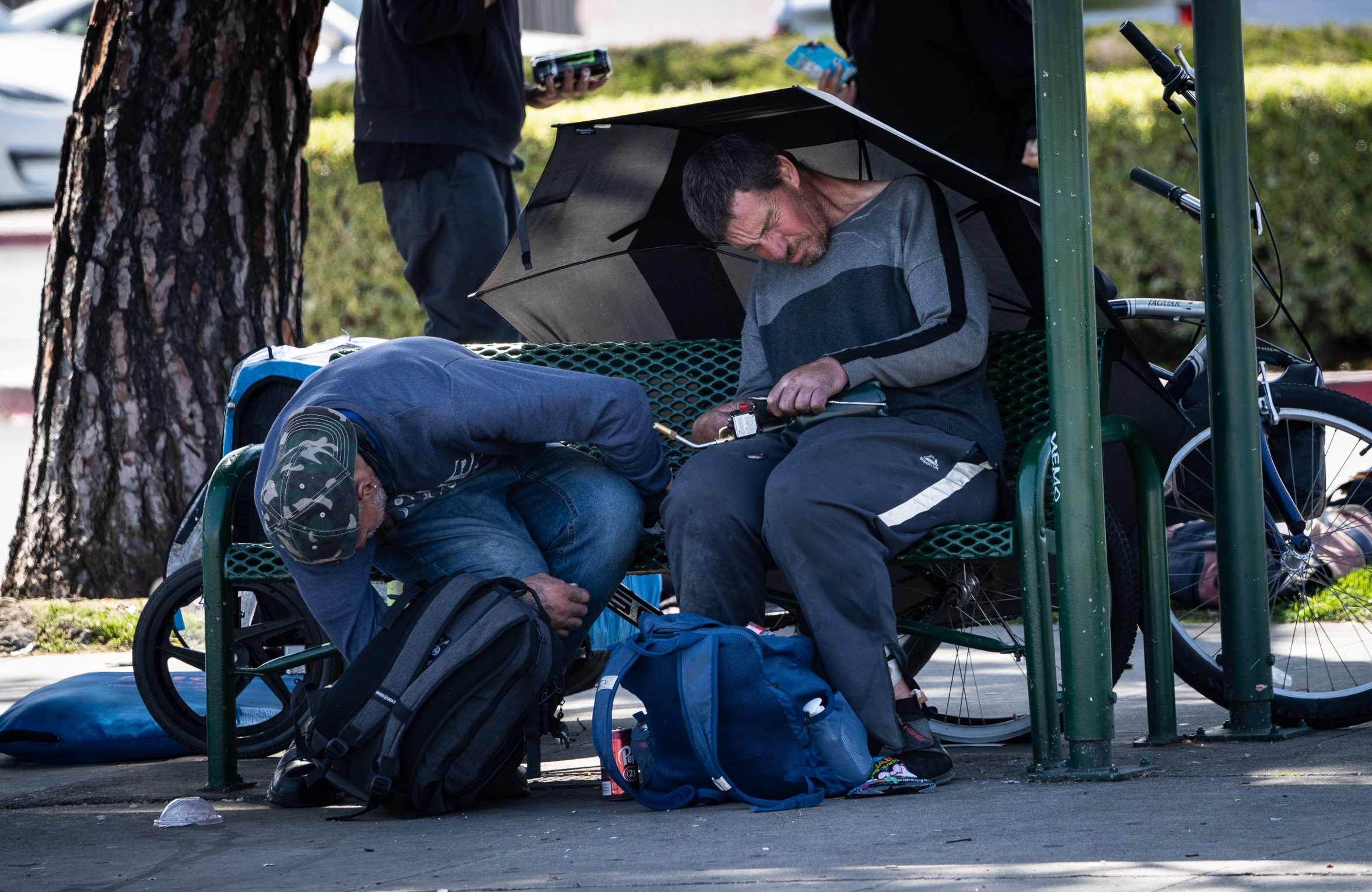A Failing Measure
Oregon voters approved Measure 110, the “Drug Addiction Treatment and Recovery Act” in November 2020 with 58 percent support. The measure decriminalized user amounts of hard drugs—including fentanyl, cocaine, methamphetamine, and heroin—in favor of addiction treatment options to be funded by the state’s cannabis tax.
A New Approach
Lawmakers are now considering proposed changes to Measure 110 that would make minor drug possession a crime again, give the accused multiple chances to avoid jail time, and give law enforcement more power to prosecute dealers.
The Democrat proposed House Bill 4002 would create a new type of misdemeanor that includes jail time only if an accused fails to enter treatment.
In a new approach called “deflection,” those found in possession of street drugs would have a chance to seek treatment before arrest. Deflection programs would not be mandated, but counties that chose to offer them would be eligible for millions in state funding.
Those found in possession of minor amounts of drugs like heroin, meth, and fentanyl, could serve jail terms of up to 180 days.
The bill also seeks to strengthen addiction programs throughout the state and increase access to medications that can lessen the symptoms of opioid withdrawal. It would strengthen penalties for drug dealers who operate close to treatment centers, parks, and homeless shelters.
It would weaken the requirement for police officers to help connect people to treatment instead of taking them directly to jail.
Mr. Helfrich said he supports a potential bipartisan agreement to provide better pathways to getting those struggling with addiction off the streets and into treatment as well as to recriminalize drugs.
“Throughout this session, House Republicans have stood strong alongside law enforcement and district attorneys to resolve the Measure 110 crisis,” wrote Mr. Helfrich. “Part of that solution absolutely must include recriminalizing drugs.”
Republicans are reviewing the bill text to ensure that it “achieves our goals of restoring criminal justice accountability and providing support to Oregonians struggling with addiction,” said Mr. Helfrich.
But not everyone is on board.
The ACLU of Oregon expressed “serious concerns” about the bill.
“Oregon’s legislative leadership is digging a deep, unconscionable, and costly trench of human suffering by recriminalizing Oregonians experiencing drug addiction,” it wrote in a letter to lawmakers.
“Real solutions to drug addiction are more treatment, housing, prevention education, non-police mobile crisis teams, and community revitalization efforts,” said ACLU Executive Director Sandy Chung.
Any changes to Measure 110 would take effect Sept. 1.







